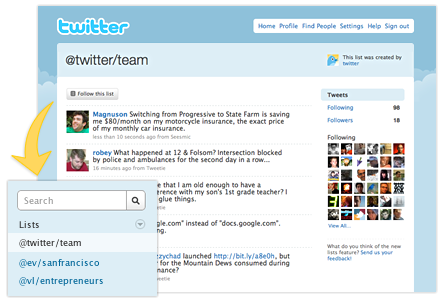
Apple has released Mac OS X version 10.6.2. The update includes fixes for:
- “an issue that caused data to be deleted when using a guest account
- an issue that might cause your system to logout unexpectedly
- Spotlight search results not showing Exchange contacts
- the reliability of menu extras
- an issue in Dictionary when using Hebrew as the primary language
- shutter-click sound effect when taking a screenshot
- an issue with the four-finger swipe gesture
- an issue adding images to contacts in Address Book
- an issue in Front Row that could cause sluggish or slow frame rates while watching videos
- creation of mobile accounts for Active Directory users
- reliability and duration of VPN connections
- general reliability improvements for iWork, iLife, Aperture, Final Cut Studio, MobileMe, and iDisk
- overall improvements to VoiceOver performance
- this update addresses video playback and performance issues for iMac (21.5-inch, Late 2009) and iMac (27-inch, Late 2009) computers that may occur in some situations while AirPort is turned on”
A complete list of changes can be seen on Apple’s website. If you have not yet been prompted to update, manually run Software Update.
 The iPhone 3GS was released today in China, where Apple is partnering with mobile carrier China Unicom, but without Wi-Fi support, reports the
The iPhone 3GS was released today in China, where Apple is partnering with mobile carrier China Unicom, but without Wi-Fi support, reports the 


 To celebrate the fortieth anniversary of the Internet, The Defense Advanced Research Projects Agency has announced the DARPA Network Challenge, the stated goal of which is to “explore the role the Internet and social networking plays in the timely communication, wide area team-building and urgent mobilization required to solve broad scope, time-critical problems.”
To celebrate the fortieth anniversary of the Internet, The Defense Advanced Research Projects Agency has announced the DARPA Network Challenge, the stated goal of which is to “explore the role the Internet and social networking plays in the timely communication, wide area team-building and urgent mobilization required to solve broad scope, time-critical problems.”